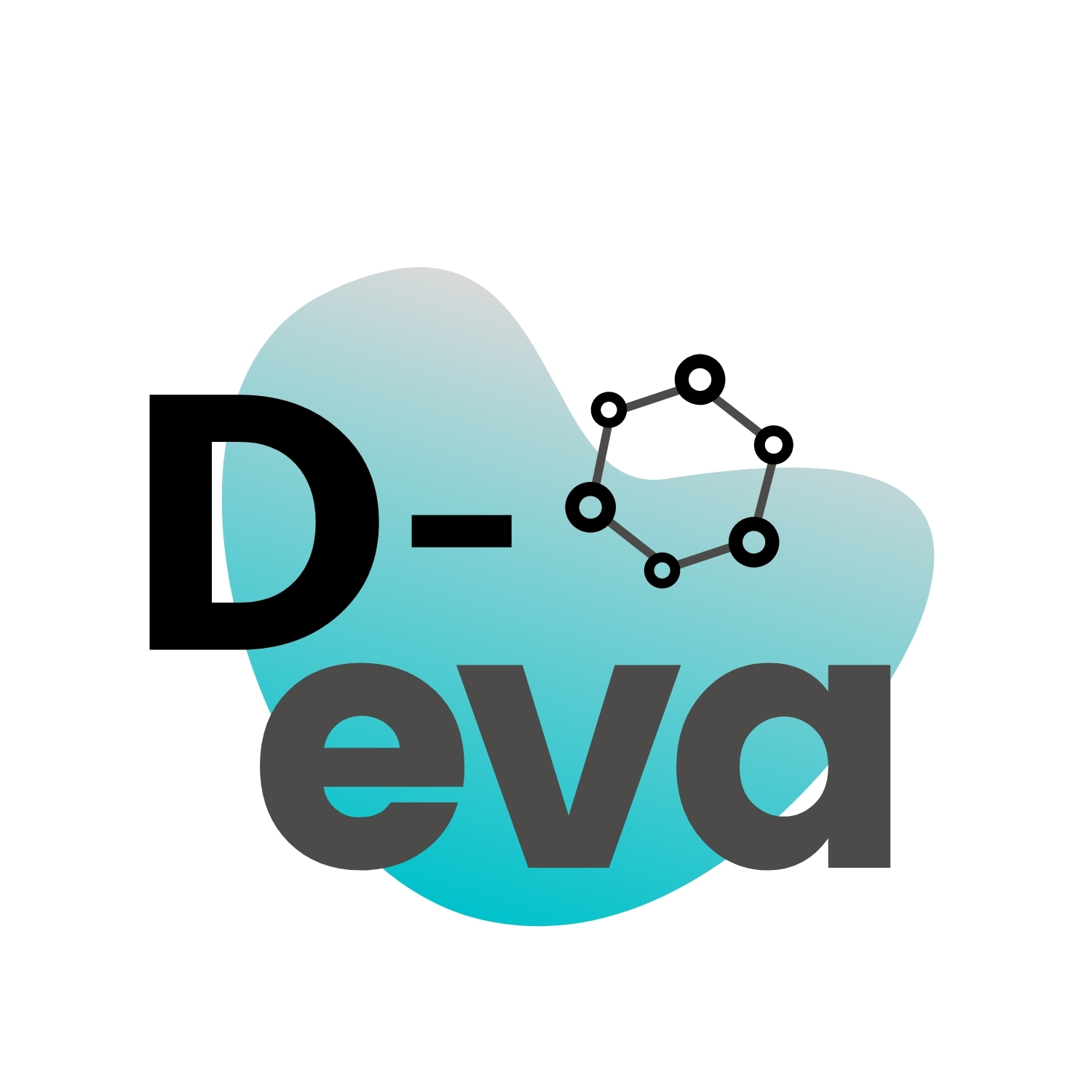
Microteaching in Practicum
by: D-Eva ProjectDigital solution developed by D-Eva project: https://www.thinglink.com/mediacard/1771135276802900836
Keywords
360º peer-feedback, practicum, mentorship management, microteaching
Problem justification
The faculty tutor – student – school mentor relationship is difficult to manage given that at university level, a coordinator has to deal with large groups of students distributed to numerous schools and preschool institutions. While different universities and higher education institutions have implemented 360-degree assessments to varying levels of success, some teachers and teachers reject the idea based on the premise that the evaluations shift the power structure, putting their livelihood in the hands of their students. In contrast, others accept the assessment as a valuable tool for personal development and helping create educational environments that are conducive to learning. Peer to peer feedback also contributes to learning practicum and needs digital transformation in order to be more effective and relevant, as a part of the larger 360⁰ feedback, to be performed mainly while analysing a lesson.
However, digital solutions would facilitate the relationship between the three actors involved in the areas related to guidance, feedback, assessment, control and monitoring, both in designing and running a lesson.
Competences
Practical competencies in analysing the activities carried out by the school mentor / peer / faculty tutor;
Reflection and the ability of giving, receiving and integrating proper and real feedback;
Communication and collaboration skills.
Assessment strategies and instruments
During the activity, both the faculty tutor and the school mentor will have an evaluation scale of the lesson and will mark the level of achievement of each type of activity, the way of interaction with the students, the clarity and coherence of the activity, the level of achievement of the proposed objectives. Peers will also have the opportunity to assess each activity according to a same scale after they give oral and written short feedback, using Mentimeter or Socrative.
Assessment criteria
The school mentor, the faculty tutor and the peers will give written feedback in a digital way. The following criteria will be taken into account:
The preparation of the activity:
the relevance of the subject for achieving the proposed competencies;
formulating operational objectives;
optimal selection of strategies;
the quality of the teaching materials.
The implementation of the activity:
speech quality
time framing
achieving the proposed objectives
other aspects related to the level of implication of the students or the attractively of the activities proposed.
Description of the feedback
360 peer-feedback - is a revolutionary method of offering consistent feedback, support, and growth opportunities. Also known as the 360-degree review, this system is a holistic upgrade from conventional L&D approaches and annual performance analyses in organizations.
Type of digital tools
- Screencasting (ie Loom)
- Eportofolios (ie Weebly)
- Creating and delivering micro-learning (ie 7tap.com)
- Virtual panel (ie Padlet)
- Digital feedback (ie Socrative)
- Data analysis tool (ie questionpro)
Levels of potential digital transformation
Accessible and available: developed lots of times, easy and known
Example of a case
References
Engagedly. (2020, October 16). Know The Benefits Of 360 Degree Feedback For Educators. Engagedly. https://engagedly.com/benefits-of-360-degree-feedback-for-educators/
Grapevine Evaluations. (n.d.). 360 Degree Feedback Tools In Education Benefit Teachers, Schools and Students. Grapevine Evaluations. https://www.grapevineevaluations.com/360-degree-feedback-tools-in-education
Grapevine Evaluations. (n.d.). 360 Feedback Assessment Tools. Grapevine Evaluations. https://www.grapevineevaluations.com/360-feedback
Hamodi, C., López-Pastor, V. M. & López-Pastor, A. T. (2017). If I experience formative assessment whilst studying at university, will I put it into practice later as a teacher? Formative and shared assessment in Initial Teacher Education (ITE). European Journal of Teacher Education, 40(2), 171-190. https://doi.org/10.1080/02619768.2017.1281909
Harps, D. W. (2018). The effectiveness of 360-degree feedback in public schools. Theses and Dissertations. 969. https://digitalcommons.pepperdine.edu/etd/969
Lee, L. (2019, June 10). Can 360-Degree Feedback Empower Students and Teachers? Edutopia. [Webpage] https://www.edutopia.org/article/can-360-degree-feedback-empower-students-and-teachers
Qualitrics (s.d). How 360 feedback can improve the student experience. [Webpage] https://www.qualtrics.com/uk/experience-management/customer/360-feedback-for-students/
University of Twente (2021, December 14). Co-created 360 degree peer feedback process for improved student learning. [Webpage]. https://www.4tu.nl/cee/innovation/project/3948/co-created-360-degree-peer-feedback-process-for-improved-student-learning
No comments yet